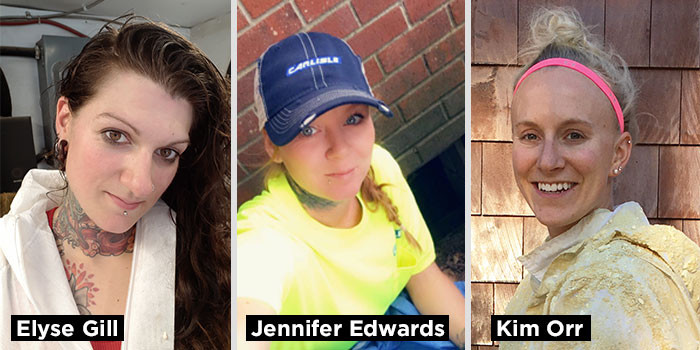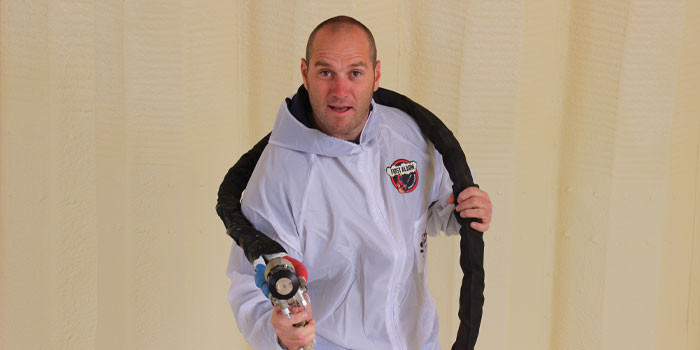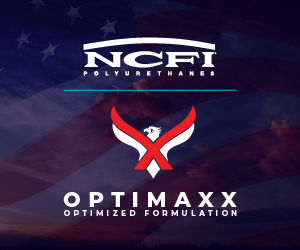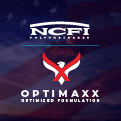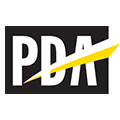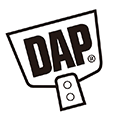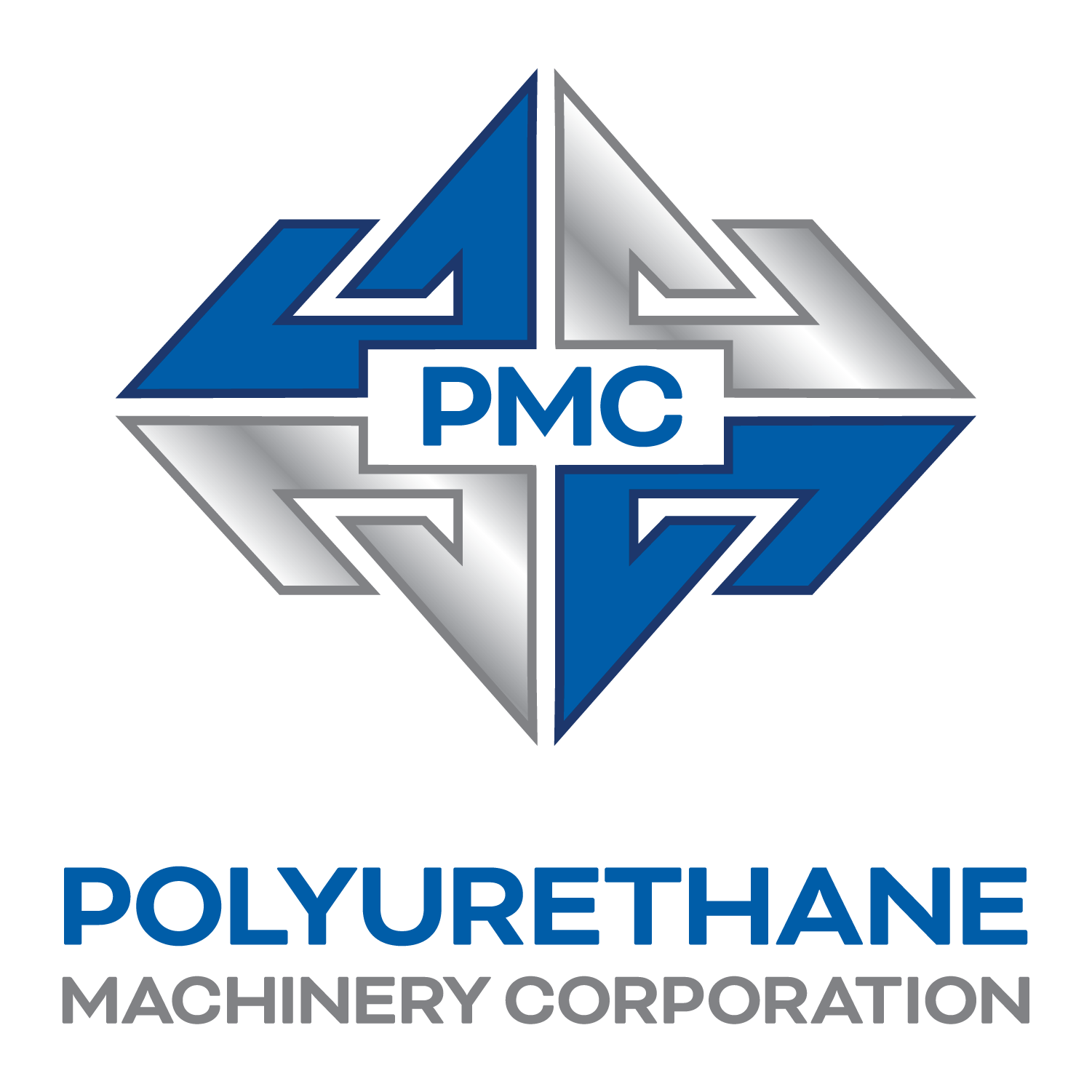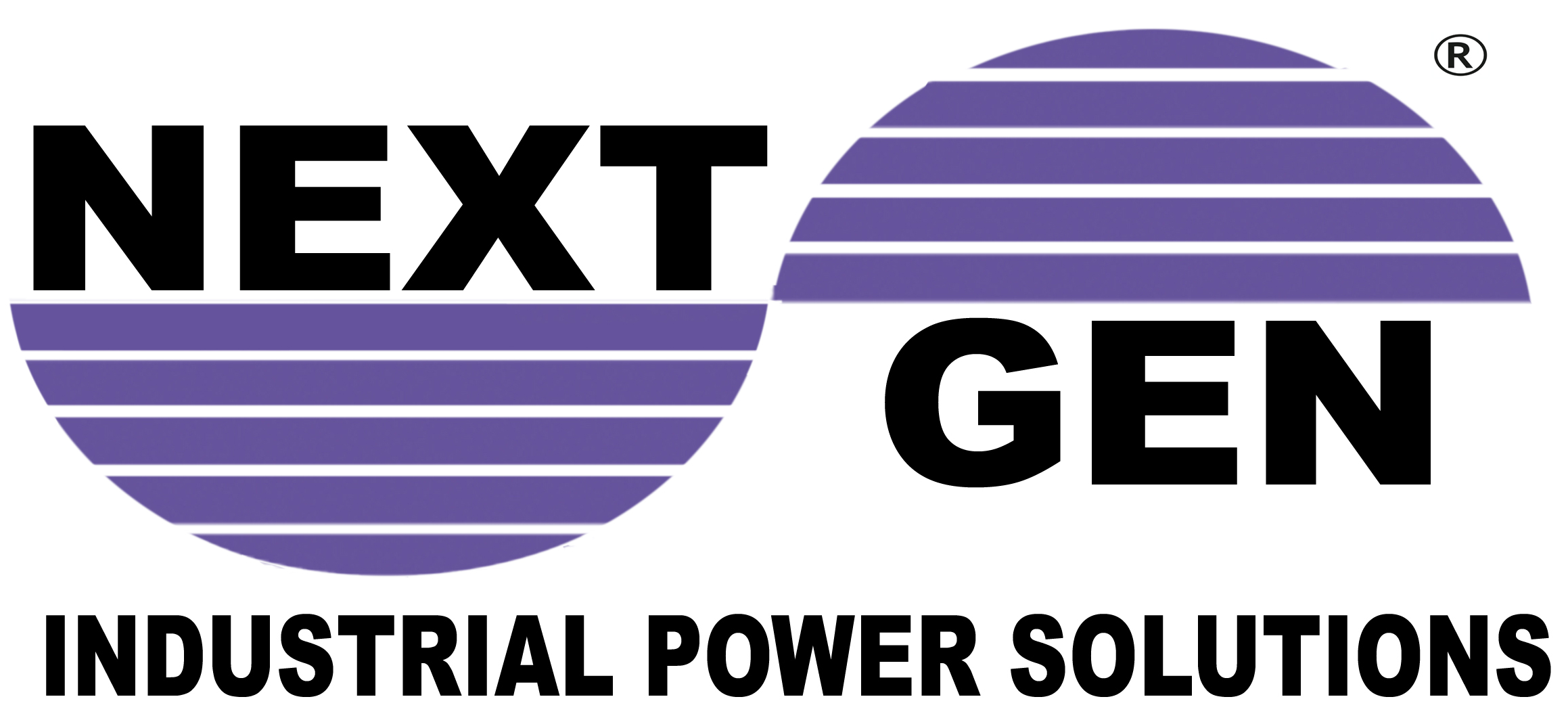A Supportive Endeavor


SPRAY FOAM MAGAZINE – Winter Issue 2019 – Cole Fletcher is a technical representative for spray foam manufacturer Carlisle Spray Foam Insulation. The national representatives conversely all help care for each other’s roles as much as possible, with Fletcher finding himself around the country assisting other regions. A large portion of Fletcher’s job is to support the contractor by troubleshooting over the phone, while also solving emergency on-site application concerns.
Most of his day consists of in-person training, accreditation and application support. With training ranging from basic foam application, all the way up to large commercial uses, Fletcher ensures the contractor achieves high standards of performance. The tech team is also highly involved with the distribution channels by offering supporting roles within these networks and providing help by giving their customers an industry-leading level of training.
The Spray Foam Magazine team caught up with Fletcher to find out how his job is helping build relationships with the contractor while solving any issues they may have with the application process.
Spray Foam Magazine: How did you start in the spray foam industry?
Cole Fletcher: I started working as a helper for the Masco Contractor Services branch Cell-Pak in early 2010. I did everything including loading cellulose for blown insulation, hanging ceiling batts and doing crawlspace encapsulation. At that time, we only had one rig which would dispatch maybe five to six days a month, but I was not yet involved with it.
A few months into working at Cell-Pak, I was offered an opportunity to assist with a fairly large custom build in northern Alabama, where I would be scraping and cleaning up. Long story short, our lead installer got wedged into a very tight double wall area accessible only by scaffolding and lost his fresh air supply. I noticed what had happened and I was able to quickly reconnect his air before he would have to pull his mask. I was his helper from then on. Unfortunately, after about a year, he was hit with heat stroke and took the production manager’s position shortly after. Until late 2013, I had the opportunity to take the lead and help grow the spray foam division from a few days a month to running two rigs six days a week with a pretty good market share in the northern Alabama area.
During that time, I was able to work alongside my brother in-law, which was a huge support in bringing the foam division to an all-time high. He became rig lead and production manager, which was key to our success. I was given an opportunity to work for the corporate office, traveling the country and rolling out the “Best Practices” training manual, as well as tracking yields, safety, and overall performance of the MCS branches across the country. I met hundreds of applicators and teams who were able to help me gain the required knowledge and experience. This is why I am happy to help anyone who has the desire to grow within this industry. It’s a long and interesting story.
SFM: How often do you have contact with contractors?
CF: With my current role, as with my previous roles, I am in front of a contractor at least two to three times a week. Some weeks I am on a job-site a full five days. There are also weeks here and there where my time is spent with distributors and sales teams to help with their questions and additional training on the products we offer at Carlisle.
SFM: How do you feel your job helps bridge the gap between the manufacturer and the contractor?
CF: Most of the time, it is processing differences from a previous product the installer is familiar with. Our products may need additional drum conditioning or spray parameters, which are unfamiliar to the end user. I also help with documentation steps during the day like daily logs and safety talks reported throughout the application process. We always recommend that the install-team record their daily settings and material lot numbers, as well as tracking yield throughout the day. I feel that getting the crews involved with product performance on a regular basis, allows installer growth. This happens by noticing subtle changes within the spray zone, as temperatures, humidity and substrates change. Setting a machine and spraying without adjusting throughout these changes makes for a large variation in product performance. Measuring and logging the foam yield and overall performance allows the installer to get in tune with his products much more effectively.
SFM: Do you report back any complications or queries from the contractors and if so, who do you report these issues to?
CF: When a contractor is having performance questions, we generally start a process, which will be entered into our CRM system. We will follow up with our sales and technical teams to make sure the situation has been communicated through the proper chain. Once the potential problem has been communicated, there are different processes to follow with everything eventually going to upper management with a solution and a report of any findings.
SFM: How do you think the relationship between contractor and manufacturer can improve?
CF: I feel that getting involved with higher education can improve anything. We do our very best to get in front of contractors to help grow their knowledge base of this industry. However, there are many companies that do not ask or know to ask for support beyond their initial training. At Carlisle, we offer an AIP training program to take the installer one step higher. It’s a three-day training course, so in some cases it is difficult for the customer to pull the crews out of the field for a full day of training in a classroom setting. Another area which we can all improve on is having the entirety of the spray foam application become more consistent. To better explain this, I am referring to consistency in material storage, rig and equipment conditioning, stewardship, site conditions, application technique, documentation and safety.
SFM: Do you feel that your job has helped improve product development and if so why?
CF: I do, I mean this wholeheartedly. Our product development team allowed us to be extremely involved with the products you see out there today. We have our technicians out in the field reporting back with comments and recommendations almost every day. These reports are seen by the entire SFI team, including the chemists, product managers, and plant managers. Everything we encounter and report back on has an impact on the development of products going forward. In my honest opinion, this is why we have the leading portfolio in the spray foam insulation marketplace today.
SFM: Anything else you would like to add?
CF: Our tech team is comprised of people that love what they do and work extremely hard to be where they are today. I am glad to call them friends and I can only hope that I can continue to have this passion for the rest of my journey down this path we all call spray foam. It has been a wonderful ride so far.
*Spray Foam Magazine does not take editorial positions on particular issues; individual contributions to the magazine express the opinions of discrete authors unless explicitly labeled or otherwise stated. The inclusion of a particular piece in the magazine does not mean that individual staff members or editors concur with the editorial positions represented therein.
Disqus website name not provided.



